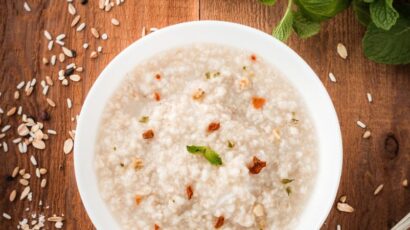Can hot chili peppers reduce mortality risk?

According to a recent study by researchers from the Mediterranean Neurological Institute in Italy, people who regularly consume chili peppers have a reduced mortality risk compared with those who never eat chilis. The study was published in the Journal of the American College of Cardiology.
Chili peppers are now a global phenomenon as spicy food is ubiquitous across the world. Throughout history, cultures have associated various health benefits with eating chili peppers. However, as one of the authors of the recent study, Prof. Licia Iacoviello, explains, many of these beneficial properties have been ascribed “mostly on the basis of anecdotes or traditions, if not magic.”
In more recent times, scientists have focused on capsaicin, the compound that gives chili their unmistakable punch. According to the authors of the latest study, capsaicin “has been observed to favorably improve cardiovascular function and metabolic regulation in experimental and population studies.”
Other researchers have concluded that capsaicin might be useful in the fight against neuropathic pain, arthritis, gastrointestinal disorders, and even cancer.
Although interest is mounting, only a few studies have investigated the impact of regularly eating chilis on overall health and mortality.
The authors, from the Mediterranean Neurological Institute in Italy, mention two population studies designed to answer this question. One took place in China, and the other in the United States. Both reported lower mortality risk in the individuals who consumed the most chili peppers.
In this recent study, the authors set out to confirm or deny these earlier findings in a European population. Also, by analyzing cardiovascular disease biomarkers, such as lipid levels in the blood, they hoped to identify how chili peppers might reduce mortality risk.
To investigate, they took data from the Molisani study; this data set includes 24,325 men and women living in Molise, Italy. After excluding individuals with missing data, 22,811 people took part.
All participants were over 35 years of age, and researchers followed them for an average of 8.2 years. During this time, the researchers captured information about the 1,236 participants who died during the study.
The scientists also had access to information about other factors that can influence health outcomes, including medical history, leisure-time physical activity, smoking status, alcohol intake, and socioeconomic data.
Each participant completed a questionnaire about their dietary habits during the year before enrollment in the study, including questions about chili peppers.
In total, 24.3% of the participants consumed chili peppers four or more times each week, and 33.7% consumed chili peppers either rarely or never. The authors summarize their findings:
“In a model adjusted only for age, sex, and energy intake, regular consumption [4 or more times each week] of chili pepper was associated with 23% lower risk of all-cause mortality, as opposed to none/rare intake, and results remained substantially unchanged in the fully adjusted model.”















